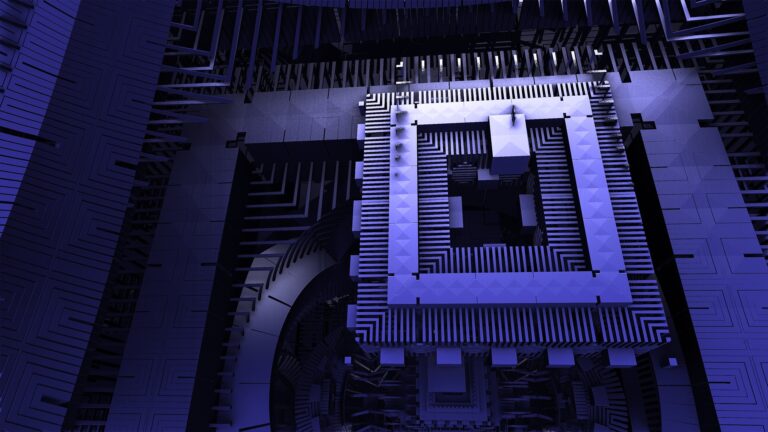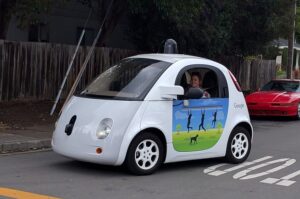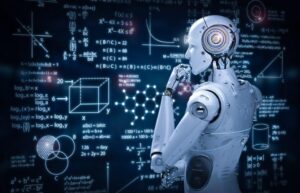Quantum computing sometimes occupies the headlines. The word QUANTUM itself is fascinating and certainly intriguing. It combines with an assurance of computational power that excels in anything we see so far it becomes overwhelming. But what actually QUANTUM COMPUTING is?
Before answering the question, we should understand the basic difference between a conventional computer and a quantum computer.
- Conventional Computer: In a conventional computer, data or information is stored as bits, which take the discrete values 0 and 1 whatsoever work like it to perform, if you like it to calculate a sum or booking a cinema ticket, the underlying process is always the same. Whether storing one number, it takes 64 bits, and then storing N numbers takes N times 64 bits.
The calculations are done in the same way we do by hand. As an outcome, the problems or calculations that can be solved efficiently by the computer, the same problems or calculations can be solved efficiently by hand. (Here the word “efficiently”, denotes the idea that the evaluation time does not grow too fast with the size of the input)
- Quantum Computer: In a quantum computer data or information is stored as qubits often called quantum bits. A quantum bit can be in states labeled I 0} and I 1}, but it can also be in a superposition of these states, a I 0} + b I 1}, where a and b both are complex numbers. Whether you think of the state of a quantum bit as a vector, then the superposition of the states is just vector addition.
Therefore, every extra quantum bit you get, you can store twice as many numbers. For instance, with 3 quantum bits, you get coefficients for I000}, I001}, I010}, I011}, I100}, I101}, I110} and I111}.
The calculations are performed by unitary transformations on the state of the quantum bits, combined with the principle of superposition, which creates immense possibilities that are not generally available for hand calculations. The advantage is that it translates into more efficient algorithms for the purpose of a.o. factoring, finding, and simulation of quantum mechanical systems.
Even though, quantum computing is still in its early stage of development. Several studies and research have been conducted on quantum computational operations. Researchers in both practical, as well as theoretical fields thinking of building quantum computers for the sake of civilian and national safety, due to the reason many national and defense funding agencies, have started supporting research on quantum computing. Computer scientists are thinking of building build large-scale quantum computers to solve particular issues exponentially faster compared to any of our conventional computers, for instance, Shor’s Algorithm.
Quantum computers are generally different from other conventional computers, like computers based on transistors, DNA computers etc. An optical computer can utilize classical superposition of the electromagnetic waves, but sans some particularly quantum mechanical resources, like entanglement, this type of computer has less capability for computational speed-up compared to a quantum computer.
The potentiality of a quantum computer will allow fragmenting of many different cryptographic systems in use at present days. In a sense, there would be a polynomial-time algorithm to solve the issues. Especially, the majority of public-key cyphers are built on the difficulty of factoring integers, combining the forms of RSA. These are generally using to protect secure encrypted email, web pages, and various data.
- Will Quantum Computing Change Our World?
Now, one question certainly comes in mind. Why do we need to have this quantum computer? In accordance with a report by the Semiconductor Industry Association, users will run out of the power to keep their machines running all around the world by the year 2040. Machines that are energy efficient, as well as computers, are increasingly the focus of experts worldwide.
Even though Rolf William Landauer a renowned German-American physicist calculated the least amount of energy needed for a computer to continue operation, it could take years to decades for this to become a reality.
Quantum computing is beyond doubt a way to attain energy efficiency. Of late Google and some physicists at the University of California, Santa Barbara has given proof of showing that supported quantum bits represent 512 numbers.
Quantum computing involves subatomic particles that may exist in many different states at the same time, computing can be done using less energy and much faster compared to conventional computers. Scientists at NASA had built a quantum computer in the year 2016 that was 100 million times faster compared to a conventional computer.
Whether Google and its team at the University of California, Santa Barbara are on the exact way to build a 50 quantum bits chip, then the quantum superiority could be just years or less time away.
- Advantages of Quantum Computer
1. Artificial Intelligence
Quantum Internet and communications are about to become realities. Of late, few China-based scientists have developed a quantum Internet system that is hard to hack. The proposition behind this quantum internet is something known as “Quantum Entanglement” where data or information is not sent but imitated with a pair of photons. In the time there is no data or information travelling, data fudging and staling also cannot take place.
Quantum computer will be capable to analyze large quantities of data or information to provide AI machines the feedback required to enhance the performance. These computers will be able to analyze the data to provide feedback much more efficiently compared to traditional computers. Therefore, the learning curve for AI machines will be shortened. Quantum computers will help AI expand to more industries and help technology become much more instinctive very quickly.
2. Drug Development
Quantum computers will revolutionize today’s healthcare delivery. In addition to personalized medicine, which is becoming a reality, very, very complex modeling of proteins in the genomes can be taken away quickly and easily. This type of visualization can speed up the research as well as the latest molecule development.
In order to develop a particular drug, chemists generally need to assess the interactions between molecules, proteins as well as chemicals to see whether the medicines will enhance certain conditions or help cure certain diseases. Because of the extraordinary amount of combinations that are examined, this is beyond doubt a time consuming and labor intensive task. Since a quantum computer can easily review many different molecules, proteins as well as chemicals at a single point of time, it makes possible for chemists to see or to determine the viable drug options quicker and easier.
3. Traffic Control
If it is in the air or on the ground, a quantum computer will be able to streamline the traffic control. These computers will quickly be able to calculate the optimal routes, help in efficient scheduling and assist in reducing traffic congestion. Quantum computers will be helpful to optimize supply chains, fleet operations, and air traffic control.
4. Weather Forecast & Climate Change Predictions
Climate, weather predictions as well as solutions would emerge faster along with the development of super magnets and superconductors. Many difficult calculations on gravity as well as space travel would become easier and faster. Though we are having sophisticated tools, still, weather forecasting remains a bit of guessing game. Since quantum computers can quickly analyze all the data or information at once. Thus, meteorologists will have a much better understanding of when bad weather will strike to alert people to ultimately save lives, agony, and money.
- Managing the whole problem
In lieu of troubleshooting issues that we do bit by bit at present time with the help of classical computers, quantum computers will be able to manage entire issues at once. This will surely open the door up for amazing developments in different areas, from financial services to national security.
To sum it up, it can be said that there is a reason Microsoft, IBM and Google to name a few, and other government agencies all around the world continue to make significant investments in quantum computing. They are feeling the pulse and counting on it to transform the world by solving issues that are intractable for today’s classical computers. Quantum computer can disrupt every industry. It can change the way we do business as well as the security we have in place to safeguard the data or information, how we fight against diseases, invent new materials, solve health issues and climate problems.
Quantum computers will give us the capability to solve complex issues that are beyond the capacities of classical computers. We are heading down an entirely new field of physics, and by its very nature, there will be more and more discoveries, inventions as well as solutions we have never dreamt of.
About Author
Kabbyik Mitra was born and raised in Kolkata, India. He is a graduate of Calcutta University, where he studied humanities, and of Manipal University, Gangtok, Sikkim, where he received an MBA (Mktg & Fin). Also, he is a certified science communicator and journalist, completed training program from Indian Science News Association, Kolkata and Indian Science Communication Society, Pune, India.
He is a writer by day and a voracious reader by night. He has contributed hundreds of thousands of blogs and articles for different online journals of repute. He wrote for BUSINESS ECONOMICS a renowned English Magazine published in India, where he has written as a health and lifestyle author.
He can found be writing and editing all sorts of great content. Kabbyik especially enjoys the ever-changing world of content marketing and front-end development. When not in front of the computer, he likes to read literature and psychology. You would like to connect with them via Facebook, Twitter, and LinkedIn. Also, you like to read his healthcare blog yoga2all.com










